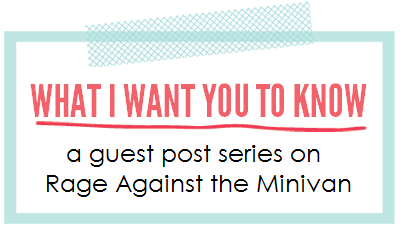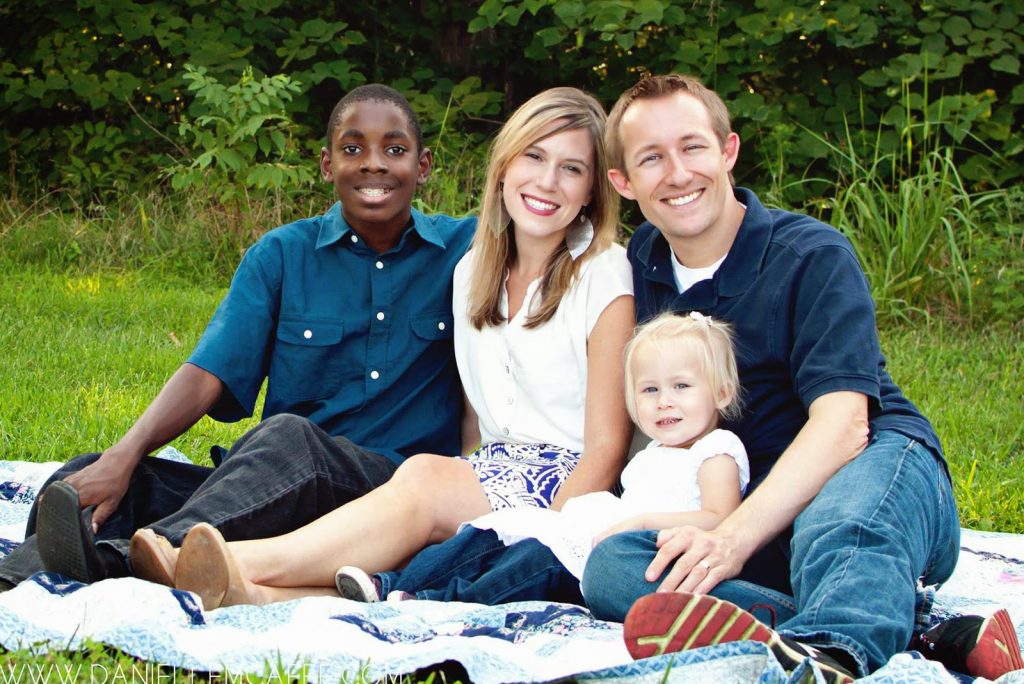There are many crazy things you hear as transracial adoptive parents. For us, one of the more common sentiments is: “Wow, you adopted an older child–that must have been so hard.”
This is my response.
You know what is also hard? Birthing a child. I was in labor with our daughter for 24 hours. You know what is also hard? Breastfeeding, not to mention, finding a time or place to pump at work. How about potty training? We’re still open to suggestions on that one.
I say this not to compare our challenges for there is no value in that competition. Instead, I aim to highlight that whether you build your family biologically, adoptively, through stepfamilies, or any other way, that most of our challenges in child raising are common.
You know what is also hard? Helping your child with long division; comforting a child in the middle of the night after he’s had a nightmare; tending to gruesome wounds from bike crashes or high fevers from flu. But aren’t all of these things immeasurably worthwhile?
You know what else is hard? Parenting, as it should be.
My hope in writing this, is that you will recognize that the challenges perceived in older child adoption are not dissimilar to the challenges that cut across all parenting adventures. To love and nurture a child is a challenge. To do it well, whether you start at conception, birth, or nine-years-old, requires you to be up for that challenge (often quite literally, at two in the morning). With great challenges come great rewards.
Imagine if we didn’t do things simply because they were hard: there would be no more engineering, medicine, marriage, K-12 teaching, or most certainly parenting.
Are there challenges unique to older child adoption? Foster care adoption? Transracial adoption? Of course. Are there challenges unique to parenting a child with down syndrome? To parenting twins? To parenting an introvert? Of course. All children are unique, therefore all parenting experiences have some of their own unique challenges. But mostly, I believe we’re all working towards the same goals with our children: meeting basic needs for sustenance, instilling values of compassion and perseverance, and reassuring our babies (of all ages) that they are loved unconditionally.
Our son, James was eight when he came to live with us through domestic foster care adoption. He was nine when the adoption was finalized, although it was finalized in our hearts long before. The 2012 Children’s Bureau report on the Administration for Children and Families says that there are 101,719 children in foster care classified as waiting to be adopted. Of those, 87% are children two years-old or older, 45% are eight years-old or older, just as our son was.
Please, don’t dismiss foster care adoption in general, or older child adoption specifically, just because it is hard.
Source(s): The 2012 The AFCARS Report
Kathryn Fishman-Weaver is a high school teacher, PhD student, and mother of two. She writes frequently on education and parenting issues. You can keep up with her family on their daily blog: Our Chateau (http://ourchateau.blogspot.com/).


